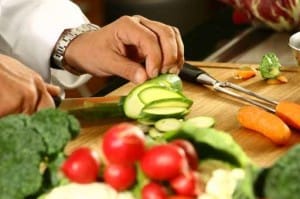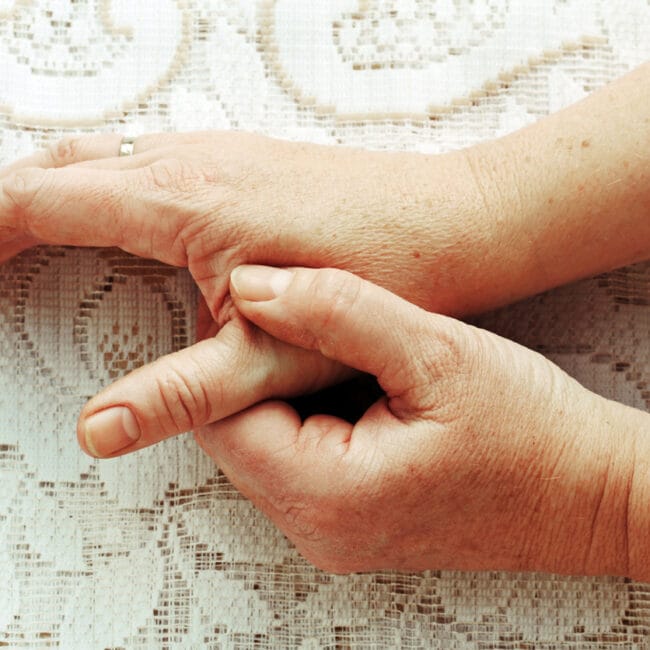Although you may be already making a conscious effort to improve the nutritional quality of your meals, you may not be aware of some of the bad habits you have picked up over the years. Despite our best efforts, we often ingest ‘mindless’ calories; meaning calories we eat that we don’t really think about or register as calories… just an extra spoon of oil here and little more salt there. Overtime these bad habits and mindless calories can be become an issue for our weight and health.
Here are some helpful tips to put an end to these bad habits and transform your regular recipes into healthier alternatives effortlessly
Fats
- Frying: use a non-stick pan and dry fry
- If you want to use oil make sure it is an oil that is high in polyunsaturated and monounsaturated fats – the ‘good’ fats- for example olive oil or rapeseed oil
- Add water instead of more oil to your food if it is beginning to dry out
- Add less oil than the recipe tells you to
- Fat Fact: roughly 45 calories in a teaspoon of oil – an extra teaspoon of olive oil per day can lead to 5lbs weight gain in a year!!! Although olive oil is very good for your heart – it does contain a lot of calories so you need to be careful that you don’t get too carried away. I would recommend limiting your fat intake to 2 portions per day.
Salt
- Use alternative seasonings such as pepper, spices, dried herbs or lemon juice to flavour foods
- Avoid adding salt to food when cooking as your palate becomes immune to the taste
- If using soy sauce in stir-fries use sparingly or chose low salt variety (1tsp contains almost a 1g of salt)
- If adding salt to your meal, taste it first
- Salt Fact: GDA for salt is 6g for both men and women – The average daily salt intake in Ireland is approximately 10g in adults. Cereal products including breakfast cereals, bread, cakes and biscuits provide about a 1/3 of the salt in our diet
Fiber
- Choose brown rice, pasta and bread to increase fiber content and to keep you fuller for longer.
- When baking:
- You should use a mix of white flour and whole meal flour
- You can also add porridge oats to the mix to increase fiber content
- Use mashed potato instead of pastry for dinner pastry dishes (pies, bakes etc.)
General Healthy Cooking Tips
- Soups or Stews
- when it cools, skim off the layer of fat that forms on the surface
- use pulses such as lentils, peas and beans instead of the usual fatty meat in stews
- Mayonnaise
- In salads: replace it with natural yoghurt or vinaigrette dressing
- In sandwiches: use a low fat variety and do not use butter as well
- Vegetables
- Instead of oil and butter, uses herbs for seasoning and flavor
- Make a vegetable version of dishes like lasagna, shepherds’ pie and casseroles every other time instead of meat to help lower the fat and make the dish healthier
We are not suggesting that you change your meal choices entirely or alter your dietary habits dramatically, but are offering you some simple suggestions and small changes that can make a big difference to your meals and health.











